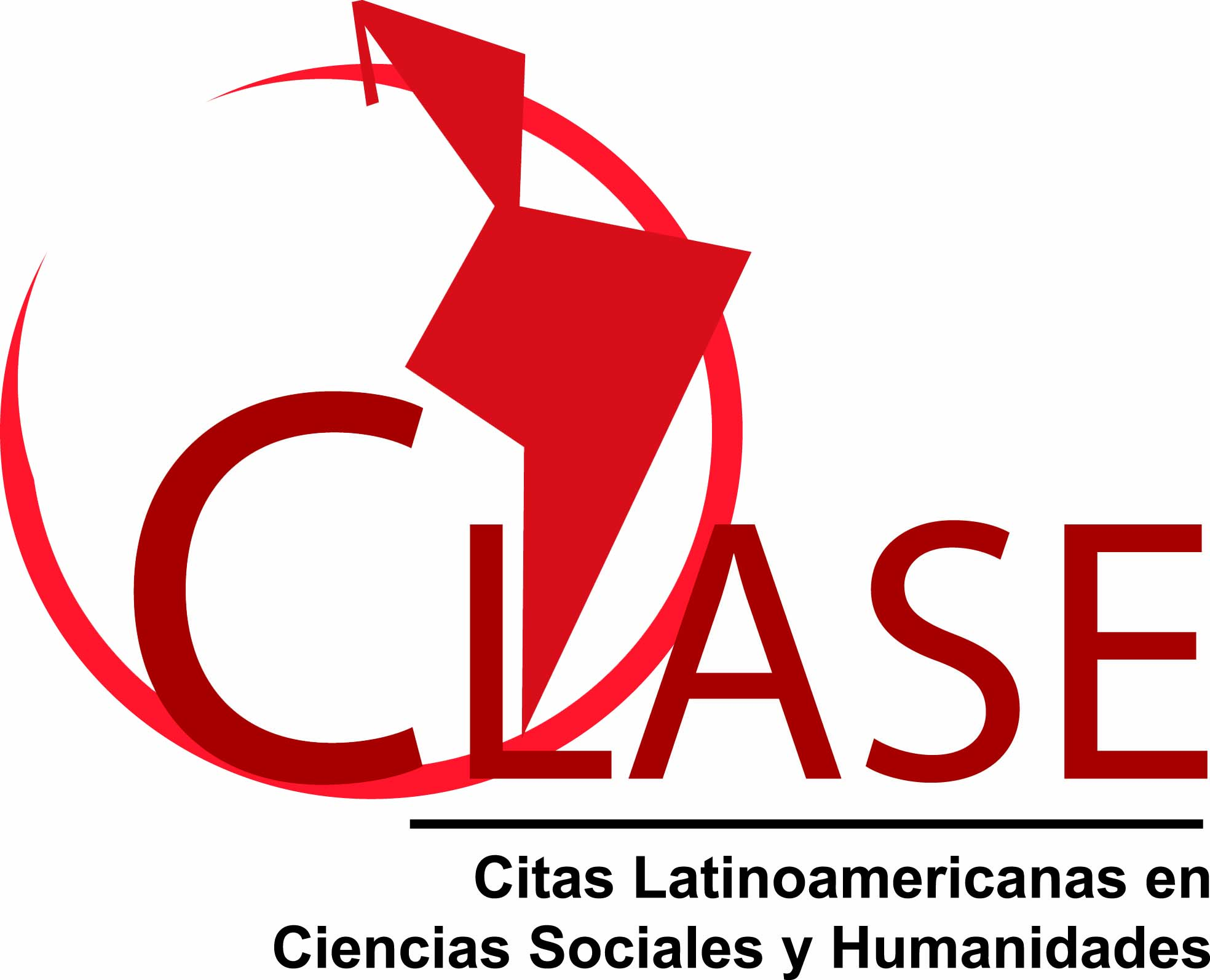Aspectos éticos del consentimiento informado en la investigación translacional/clínica y sobre el sesgo o prejuicio en los ensayos clínicos
Palabras clave:
autonomía, seso, bioéticaResumen
Mejorar la educación en salud de los pacientes en relación con las prácticas médicas y la investigación es esencial para defender el principio del respeto a la autonomía, es decir, respetar la capacidad del paciente para tomar decisiones autónomas con respecto a las intervenciones médicas o a la participación en la investigación que refleje las creencias y valores del paciente. Este artículo considera los desafíos del consentimiento informado (es decir, brechas éticas, barreras y necesidades prioritarias) que son exclusivos de ciertos grupos vulnerables, como preadolescentes, adolescentes y mujeres embarazadas, con un énfasis específico en cómo deben tomarse en cuenta las variables neurobioéticas, multiculturales e interreligiosas para valorar la idoneidad de los documentos actuales que se basan en la noción de consentimiento informado. Al explorar cómo hemos de mejorar el proceso de obtención del consentimiento informado, este artículo presta especial atención a la relevancia del sesgo y la privacidad en el debate, sugiriendo nuevas formas de intervención para reducir los efectos del sesgo o prejuicio implícito.
Descargas
Referencias
Patient: Clinicians’ Role in Protecting Patients and Preventing Overwhelm.
AMA journal of ethics. 2016;18(9):869.
2. Blair IV, Steiner JF, Havranek EP. Unconscious (implicit) bias and health disparities:
where do we go from here? The Permanente Journal. 2011;15(2):71.
3. Cooper L. Overcoming Healthcare Disparities: The role of patient-centered
care–College of Public Health and Health Professions celebrating 50 years. Gainesville:
University of Florida. 2008.
4. Durant RW, Wenzel JA, Scarinci IC, Paterniti DA, Fouad MN, Hurd TC, et al.
Perspectives on barriers and facilitators to minority recruitment for clinical trials
Aspectos éticos del consentimiento informado en la investigación translacional
Medicina y Ética 2019/2 617
among cancer center leaders, investigators, research staff, and referring clinicians:
enhancing minority participation in clinical trials (EMPaCT). Cancer.
2014;120 Suppl 7:1097-105.
5. FitzGerald C, Hurst S. Implicit bias in healthcare professionals: a systematic
review. BMC medical ethics. 2017;18(1):19.
6. Garasic MD. The Singleton case: enforcing medical treatment to put a person
to death. Med Health Care and Philos. 2013;16(4):795.
7. Gorini A, Mazzocco K, Pravettoni G. Decision-Making Process Related to Participation
in Phase I Clinical Trials: A Nonsystematic Review of the Existing Evidence.
Public health genomics. 2015;18(6):359-65.
8. Hamilton DL, Trolier TK. Stereotypes and stereotyping: An overview of the cognitive
approach. 1986.
9. Hardicre J. Valid informed consent in research: An introduction. British Journal
of Nursing. 2014;23(11):564-7. Kim EJ, Kim SH. Simplification improves understanding
of informed consent information in clinical trials regardless of health literacy
level. Clinical Trials. 2015;12(3):232-6.
10. John-Henderson NA. Implicit Cognition. Child and Adolescent Psychiatric Clinics.
2015;24(4):751-63.
11. McCabe MS (ed.) The ethical foundation of informed consent in clinical research.
Seminars in oncology nursing; 1999: Elsevier.
12. Newington L, Metcalfe A. Factors influencing recruitment to research: qualitative
study of the experiences and perceptions of research teams. BMC medical research
methodology. 2014;14(1):10.
13. O’Brien RL, Kosoko-Lasaki O, Cook CT, Kissell J, Peak F, Williams EH. Selfassessment
of cultural attitudes and competence of clinical investigators to enhance
recruitment and participation of minority populations in research. Journal of
the National Medical Association. 2006;98(5):674.
14. Ross S, Grant A, Counsell C, Gillespie W, Russell I, Prescott R. Barriers to
participation in randomised controlled trials: a systematic review. Journal of clinical
epidemiology. 1999;52(12):1143-56.
15. Sabin DJA, Nosek DBA, Greenwald DAG, Rivara DFP. Physicians’ implicit and
explicit attitudes about race by MD race, ethnicity, and gender. Journal of Health
Care for the Poor and Underserved. 2009;20(3):896.
16. Sheikh A, Halani L, Bhopal R, Netuveli G, Partridge MR, Car J, et al. Facilitating
the recruitment of minority ethnic people into research: qualitative case study
of South Asians and asthma. PLoS Med. 2009;6(10):e1000148.
17. Steinberg A. Disclosure of information and informed consent: ethical and practical
considerations. Journal of child neurology. 2009;24(12):1568-71.
18. Stone J, Moskowitz GB. Nonconscious bias in medical decision making: what
can be done to reduce it? Medical education. 2011;45(8):768-76.
19. Tam NT, Huy NT, Thoa LTB, Long NP, Trang NTH, Hirayama K, et al. Participants’
understanding of informed consent in clinical trials over three decades: systematic
review and meta-analysis. Bulletin of the World Health Organization.
2015;93(3):186-98H.
A. García Gómez, M. D. Garasic, M. Cubillo Díaz-Valdés
618 Medicina y Ética 2019/2
20. Tham, J, Durante, C, García, A. (eds.) Religious Perspectives on Social
Responsibility in Health; 2018: Springer.
21. Van Ryn M, Saha S. Exploring unconscious bias in disparities research and
medical education. Jama. 2011;306(9):995-6.
22. Walsh E, Sheridan A. Factors affecting patient participation in clinical trials in
Ireland: A narrative review. Contemporary Clinical Trials Communications.
2016;3:23-31.
23. Williamson T. Research, informed consent, and the limits of disclosure.
Bioethics. 2001;15(4):341-63.
Descargas
Publicado
Número
Sección
Licencia
Medicina y Ética se distribuye bajo Licencia Creative Commons Atribución-NoComercial-CompartirIgual 4.0 Internacional.
El autor conserva los derechos patrimoniales sin restricciones y garantiza a la revista el derecho de ser la primera publicación del trabajo. El autor es libre de depositar la versión publicada en cualquier otro medio, como un repositorio institucional o en su propio sitio web.


































